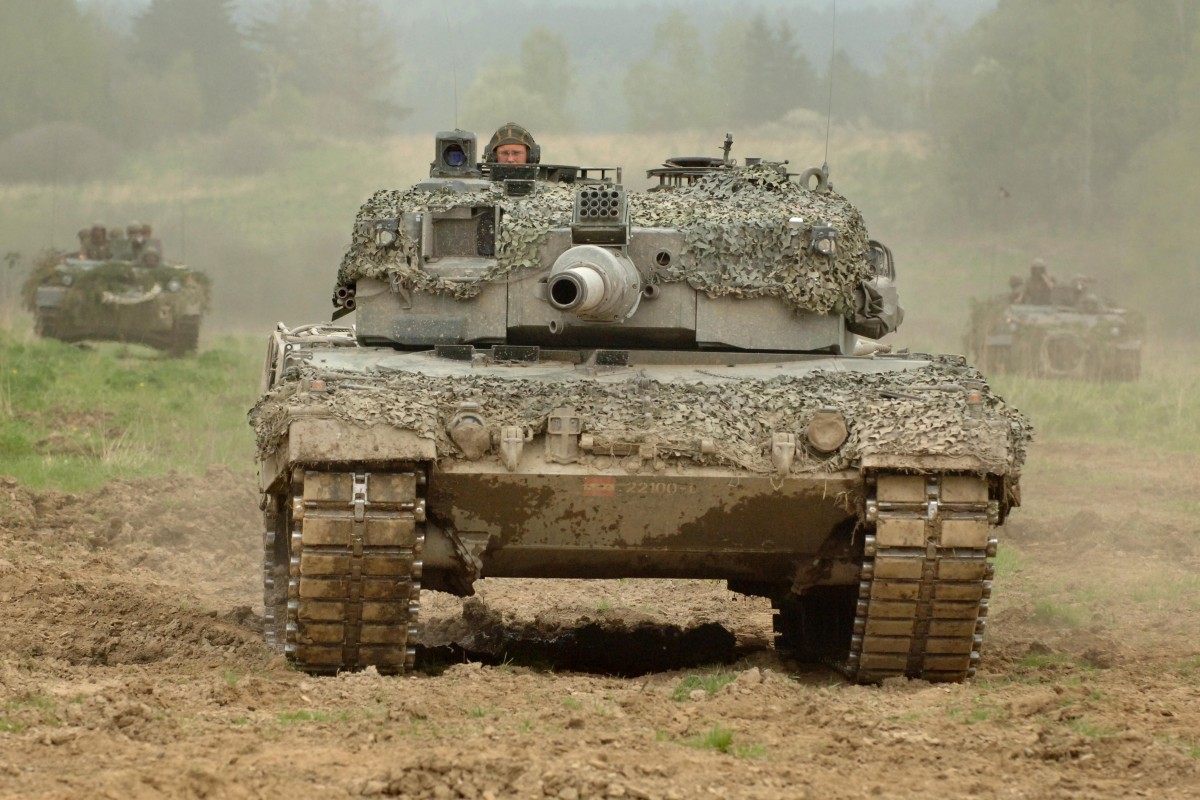Sponsored Content
Security Debate in Austria: Expert Calls Neutrality “Immoral,” Former President Counters
In view of the “dramatically deteriorating” security situation in Europe and the approaching war, evidenced by drone alerts and airspace violations in NATO territory, there is intense debate in Austria about the role of neutrality.
 The security situation in Europe has “dramatically deteriorated” and Austrian neutrality is being discussed more and more heatedly. / Picture: © Austrian Armed Forces Photograph / Ali Schafler
The security situation in Europe has “dramatically deteriorated” and Austrian neutrality is being discussed more and more heatedly. / Picture: © Austrian Armed Forces Photograph / Ali Schafler
In the ORF discussion program “Das Gespräch,” security expert Velina Tchakarova called for a rethink and described Austria's stance as ‘immoral’ and “cowardly,” while former Federal President Heinz Fischer vehemently defended armed neutrality.
General Robert Brieger, former chairman of the EU Military Committee, stated on the program that the war in Ukraine had…
or Log In
Fast News Search





